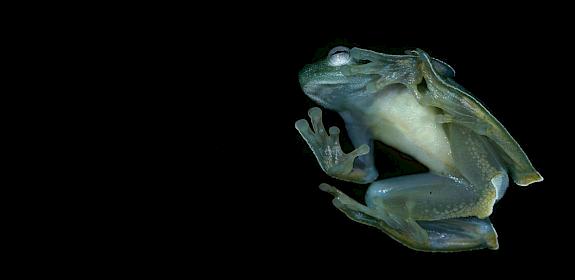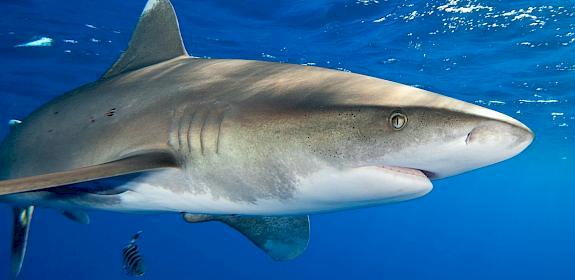
Indian Star tortoise Geochelone elegans, frequently traded illegally as pets © TRAFFIC
i
Published 17 August 2011
Jakarta’s illegal trade in threatened tortoises and turtles persisting, warns TRAFFIC
Jakarta, Indonesia 17th August 2011—The open trade in protected freshwater turtles and tortoises in Jakarta’s markets includes a growing number of non-native and threatened species, a new TRAFFIC study warns.
The Trade in tortoises and freshwater turtles in Jakarta, Indonesia revisited
Report author(s):
Carrie J. Stengel,Chris R. Shepherd, Olivier S. Caillabet
Publication date:
August 2011




